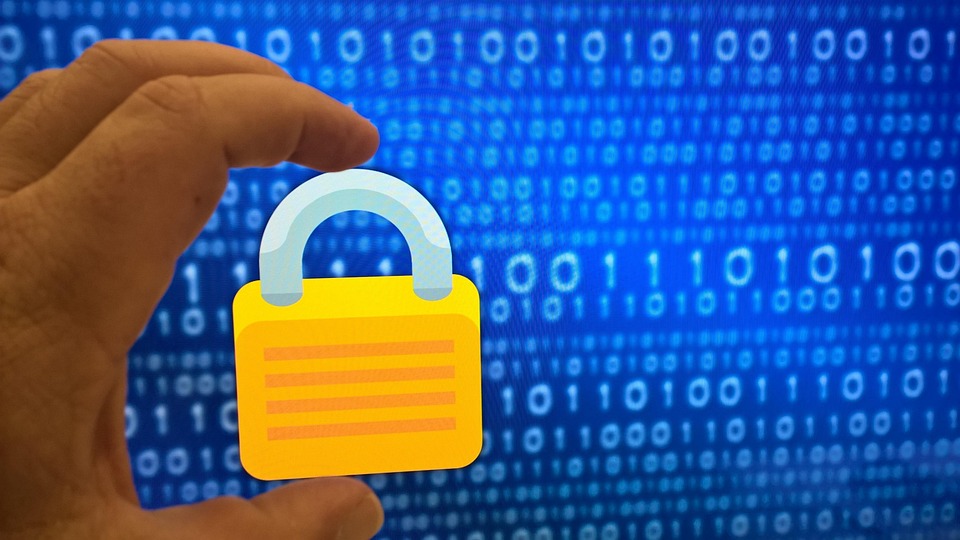Social Media Privacy: Are Your Posts Really Private?
In today’s digital age, social media has revolutionized the way we communicate, share information, and interact with each other. Platforms like Facebook, Instagram, Twitter, and TikTok have become integral parts of our daily lives, allowing us to connect with friends, family, and even strangers around the world. However, while these platforms offer convenient ways to share our lives, they also raise significant concerns regarding privacy.
Understanding Privacy Settings
Most social media platforms come equipped with a range of privacy settings designed to help users control who sees their posts. From setting profiles to "private" to customizing friend lists, these features allow users to restrict access to their content. However, many users underestimate the limitations and implications of these settings.
-
Friend Requests and Followers: Just because someone is on your friend list or follows you doesn’t mean they should see everything you post. It’s crucial to be selective about who you allow into your online circles.
- Privacy Agreements: When you sign up for a platform, you typically agree to its terms of service (which are often extensive and complex). Many users fail to read these agreements thoroughly, which can lead to unexpected consequences regarding what the platform can do with your data.
The Permanence of Digital Posts
One of the biggest misconceptions about social media is that posts can simply be deleted or made private, erasing them from existence. In reality, once you publish something online, it can be nearly impossible to ensure it’s truly gone.
-
Data Retention Policies: Many social media platforms retain data even after you delete it. This information may be used for analytics, marketing, or legal purposes, and it can remain accessible under certain circumstances.
- Screenshots and Sharing: Even if you delete a post, someone may have already taken a screenshot or shared it. This means your content could continue to circulate without your control.
The Risks of Over-Sharing
Social media encourages sharing aspects of our lives, from mundane daily activities to significant life events. However, over-sharing can lead to unintended consequences.
-
Identity Theft: Posting personal information, such as your address, birthday, or financial details, can make you a target for identity theft and fraud.
- Employment Implications: Many employers review a potential employee’s social media presence as part of the hiring process. Inappropriate posts or controversial opinions can damage your professional reputation, even if intended for a private audience.
Data Mining and Advertising
Social media platforms often use complex algorithms to deliver targeted advertisements. This practice relies heavily on data collection, which raises concerns about user privacy.
-
Behavioral Targeting: By analyzing users’ interactions, the platforms curate personalized advertisements based on browsing history, likes, and shares. While this can create a more relevant browsing experience, it also means private information is being used without explicit consent.
- Third-Party Apps: Many users link third-party applications to their social media accounts for convenience. However, this can expose your data to outside entities, further complicating privacy concerns.
Best Practices for Enhancing Social Media Privacy
While completely eliminating privacy risks is nearly impossible, there are several best practices to enhance your social media privacy.
-
Review Privacy Settings Regularly: Social media platforms frequently update their settings. Take time to review and adjust your privacy settings regularly to safeguard your information.
-
Think Before You Post: Consider the implications of sharing certain details or photos. Is it something you’d be comfortable with anyone seeing, including potential employers?
-
Limit Personal Information: Be cautious about sharing sensitive personal details, even with friends or followers. Less is often more in terms of privacy.
-
Use Strong Passwords: Ensure your accounts are protected by strong, unique passwords, and enable two-factor authentication when available.
-
Be Wary of Friend Requests: Only accept requests from people you know and trust. Fake accounts and bots are common on social platforms.
- Check App Permissions: Regularly review which third-party apps have access to your accounts and revoke permissions for those you no longer use or trust.
Conclusion
Social media privacy is a complex issue that requires ongoing vigilance. While platforms provide tools to control how we share our information, understanding the implications of these tools is crucial for maintaining our digital privacy. By adopting best practices and being mindful of what we share, we can better navigate the landscape of social media while minimizing potential risks. As the digital world continues to evolve, so should our awareness and management of our online privacy.



